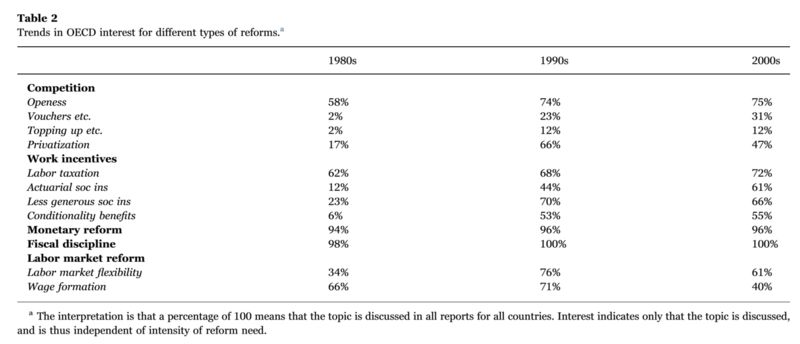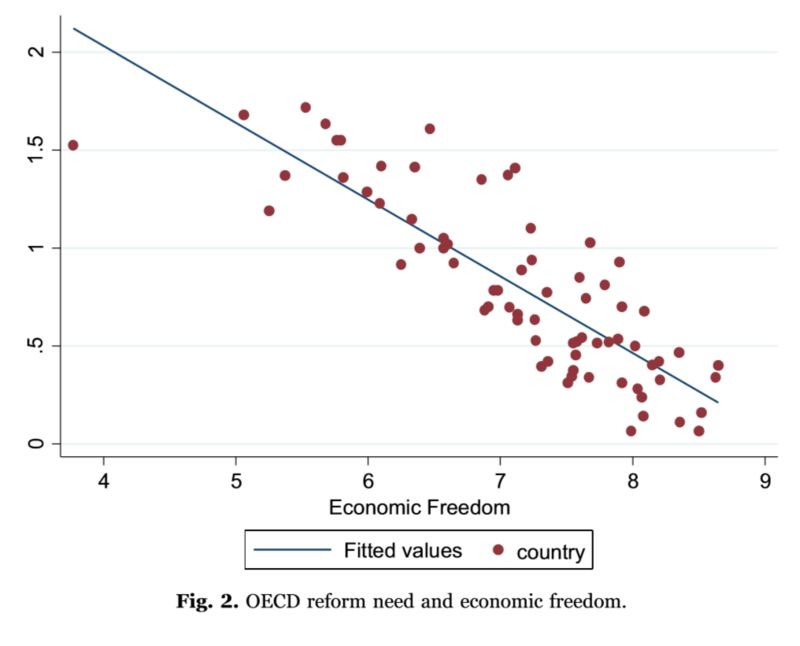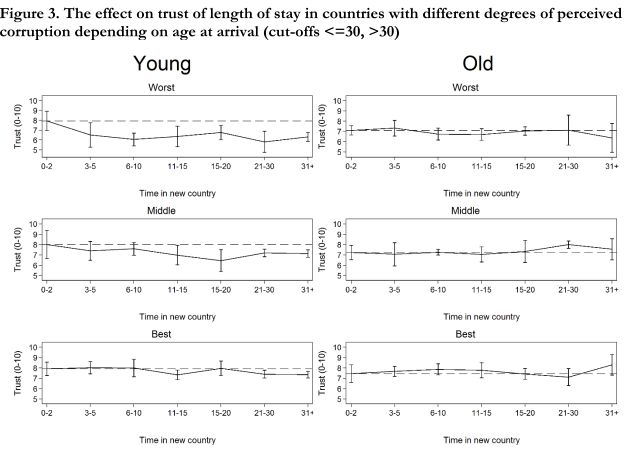Capitalism and democracy are both based on egalitarianism
Stumbled over this course, introduced as follows:
One core question permeates political economy scholarship: how is it possible to combine capitalism (free markets) with democracy (collective choice)? One produces stark inequalities in the distribution of income and wealth, whilst the other (the democratic state), in principle, is based on egalitarianism (one person, one vote).
The comparison between capitalism and democracy made here (and in many other places...) is not really fair. Why? Because the (alleged) consequences of capitalism (inequality) are contrasted with the founding principle of democracy (egalitarianism). A more informative comparison would be to compare consequences of capitalism with consequences of democracy, and similarly compare foundations of capitalism with the foundations of democracy.
Doing so reveals that they share some features: The are both, in fact, based on egalitarianism (everyone's right to property and everyone's right to some political rights) and they both result in some inequality (democratic influence and profits will typically not be uniformly distributed).
Still, both systems are doing ok when compared to their alternatives, socialism and dictatorship.





